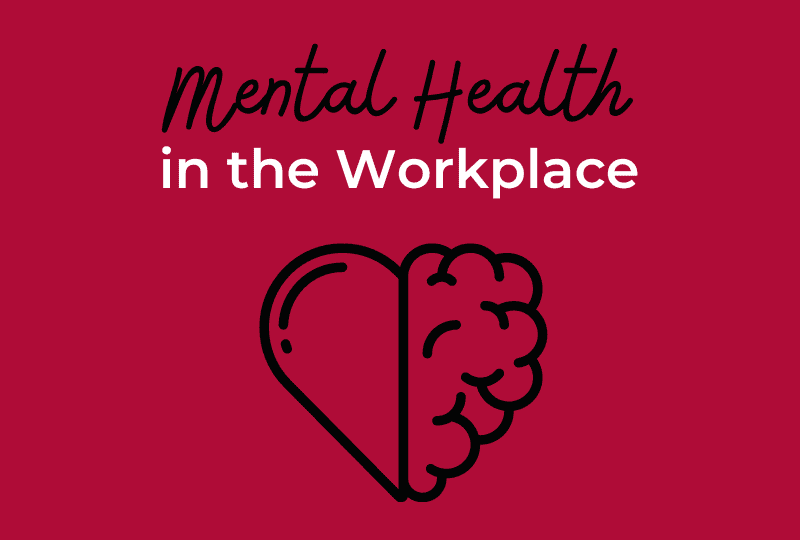
24 May The Importance of Recognizing Mental Health in the Workplace
By: Lauren Coats (Dir. of Employee Engagement)
May is Mental Health Awareness Month, providing us with an excellent opportunity to shed light on the significance of supporting employees’ mental health in the workplace. In today’s fast-paced and demanding work environments, prioritizing mental well-being is not just compassionate; it is also crucial for creating a healthy and productive workforce. Here are 5 insights on how organizations can effectively support their employees.
- Encouraging Open Communication: Building a culture that encourages open dialogue around mental health is paramount. When employees feel safe and supported to discuss their mental health concerns, they are more likely to seek help and receive the necessary support. Creating channels for confidential conversations, implementing anti-stigma campaigns, and training managers to recognize and address mental health issues are effective ways to foster open communication.
- Providing Access to Mental Health Resources: Organizations should prioritize providing access to mental health resources, such as counseling or therapy services, employee assistance programs, and mental health helplines. By partnering with mental health professionals or third-party services, employees can seek guidance and support when needed. Additionally, offering comprehensive health insurance plans that cover mental health services can further encourage employees to prioritize their mental well-being.
- Creating a Positive and Supportive Work Environment: A positive and supportive work environment plays a vital role in nurturing employees’ mental well-being. By promoting a culture that values work-life balance, recognizing achievements, and encouraging teamwork, organizations can reduce stress levels and foster a sense of belonging. Establishing wellness programs, flexible work arrangements, and initiatives that promote self-care and stress management can contribute to a healthier work environment.
- Offering Flexible Work Arrangements: Recognizing that employees have personal lives outside of work is essential for their mental well-being. Offering flexible work arrangements, such as remote work options, flexible schedules, or compressed workweeks, allows employees to better balance their personal commitments and work responsibilities. This flexibility can alleviate stress, increase job satisfaction, and promote mental wellness.
- Educating Employees on Self-Care and Stress Management: Equipping employees with the necessary knowledge and skills to manage their mental health is crucial. Organizations can provide resources and workshops on self-care techniques, stress management strategies, and resilience-building exercises. By empowering employees to take charge of their well-being, organizations foster a culture of proactive mental health care.
Recognizing the importance of mental health in the workplace is not just a responsibility, but an investment in the overall success and well-being of employees. By prioritizing mental health support through open communication, access to resources, a positive work environment, flexible arrangements, and education, organizations can create a nurturing environment where employees thrive. Let us embrace Mental Health Awareness Month and work together to prioritize mental health in the workplace, fostering a healthier and more engaged workforce.




Sorry, the comment form is closed at this time.